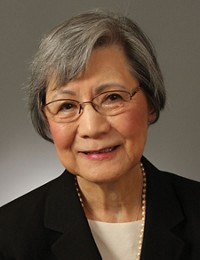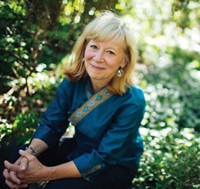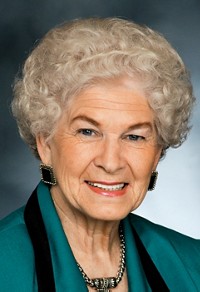Advertisement
Grab your lab coat. Let's get started
Welcome!
Welcome!
Create an account below to get 6 C&EN articles per month, receive newsletters and more - all free.
It seems this is your first time logging in online. Please enter the following information to continue.
As an ACS member you automatically get access to this site. All we need is few more details to create your reading experience.
Not you? Sign in with a different account.
Not you? Sign in with a different account.
ERROR 1
ERROR 1
ERROR 2
ERROR 2
ERROR 2
ERROR 2
ERROR 2
Password and Confirm password must match.
If you have an ACS member number, please enter it here so we can link this account to your membership. (optional)
ERROR 2
ACS values your privacy. By submitting your information, you are gaining access to C&EN and subscribing to our weekly newsletter. We use the information you provide to make your reading experience better, and we will never sell your data to third party members.
Careers
Charles Lathrop Parsons Award
by Linda Wang
February 25, 2013
| A version of this story appeared in
Volume 91, Issue 8
Sponsored by ACS
Geraldine L. (Geri) Richmond, 59, remembers clearly how she felt in the early 1970s as one of only a handful of women in her undergraduate calculus class of several hundred students at Kansas State University.
“Because I didn’t want to stick out as female, I was notorious for wearing overalls and hair tied back in a bandana,” she says. “I wouldn’t wear fingernail polish, and I wore men’s shoes.”
The isolation was a marked contrast with her experience growing up, Richmond says. “I grew up in a family of all girls. My mother was a beautician, and my dad had a women’s clothing store, so our lives were all about women. To then suddenly have no women around was really weird.”
Richmond remembers performing exceptionally well on a chemistry exam that most of her classmates failed. After realizing her potential, her analytical chemistry professor offered her a job in the chemistry department. “To have somebody come and literally tap me on the shoulder and say, ‘Who are you? You blew away my exam, we need to get you into chemistry,’ was just incredible,” Richmond says. She switched from being a math major to a chemistry major.
Those early experiences crystallized Richmond’s passion for helping level the playing field for women in science and technology. Today, Richmond is the Richard M. & Patricia H. Noyes Professor of Chemistry at the University of Oregon. She is well-known for her work on the ACS Committee on the Advancement of Women Chemists (COACh), the organization she cofounded in 1997 to support women scientists and engineers through leadership and career development workshops and mentoring opportunities in the U.S. and in developing countries.
Her outstanding public service is being honored with the Parsons Award. “Richmond has provided service to the chemical community in an enormously broad array of activities, and we are all richer for her contributions,” says W. Carl Lineberger, the E. U. Condon Distinguished Professor of Chemistry at the University of Colorado, Boulder, who has served on numerous advisory committees with Richmond.
Richmond received a B.S. in chemistry from Kansas State University in 1975 and a Ph.D. in chemistry from the University of California, Berkeley, in 1980. “Right out of undergraduate school, I became more active in trying to get female scientists together to develop support networks with one another,” she says. In graduate school, she helped organize dinner parties for women chemistry graduate students.
Before joining the University of Oregon in 1985 as an associate professor of chemistry, she taught for five years at the all-women Bryn Mawr College. “Bryn Mawr was a wonderful time for me to develop my passion and confidence for research and teaching,” she says.
In addition to her work with COACh, Richmond is being honored for her efforts to improve higher education and science policy. Her work on the Oregon State Board of Higher Education, for example, helped improve higher education in the state. And her work as chair of the Basic Energy Sciences Advisory Committee for the Department of Energy has influenced science policy.
Richmond will present the award address at the Hilton Riverside, in New Orleans.






Join the conversation
Contact the reporter
Submit a Letter to the Editor for publication
Engage with us on Twitter